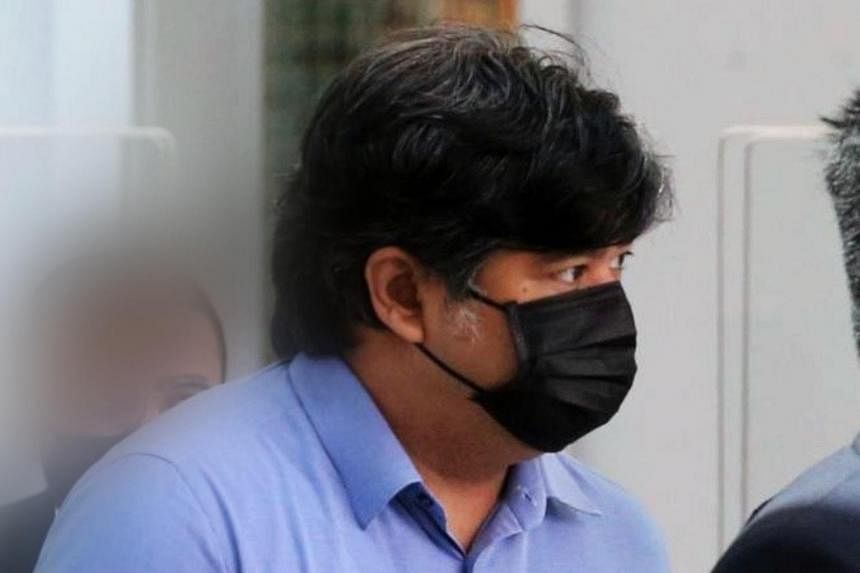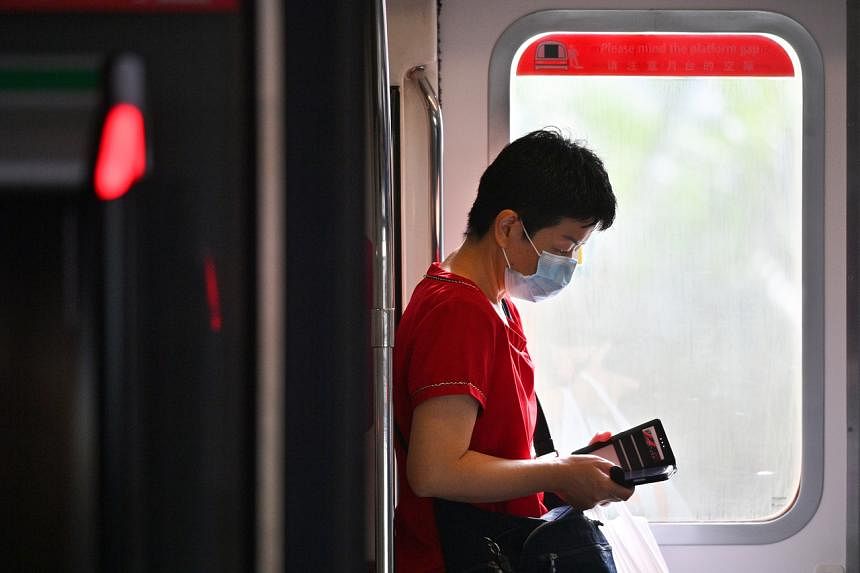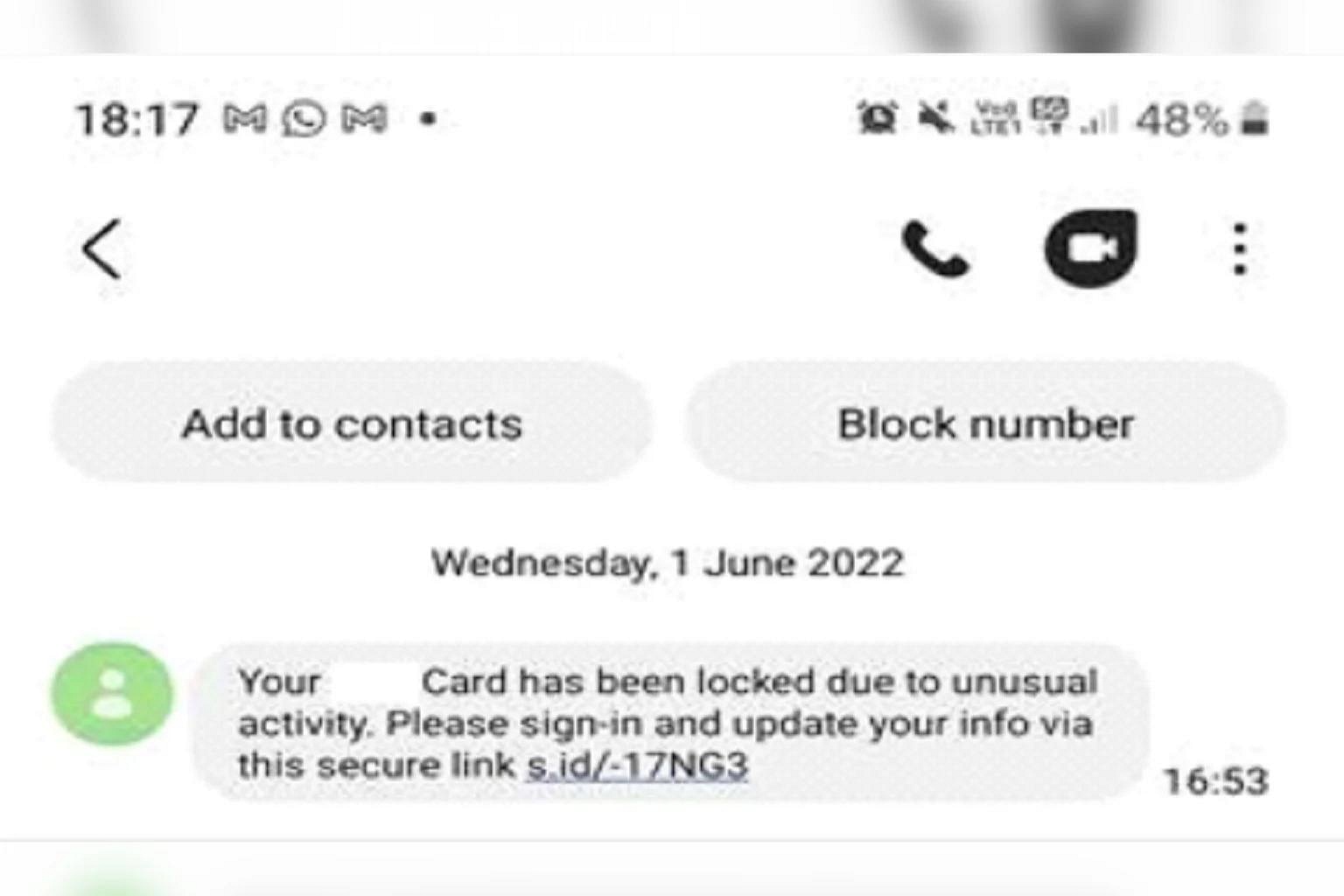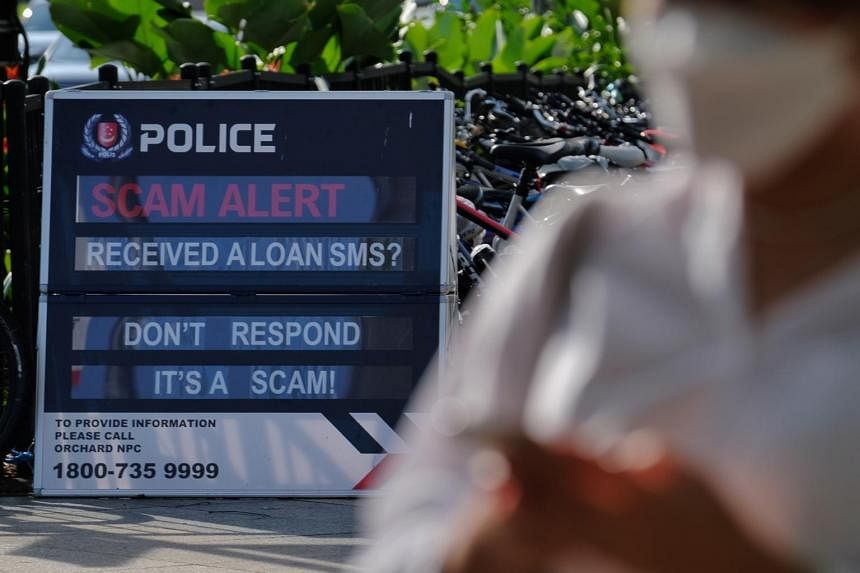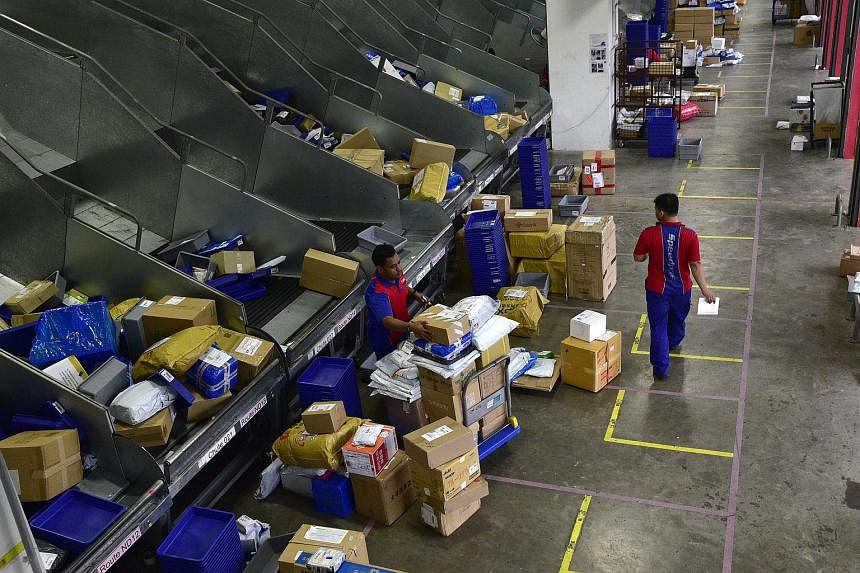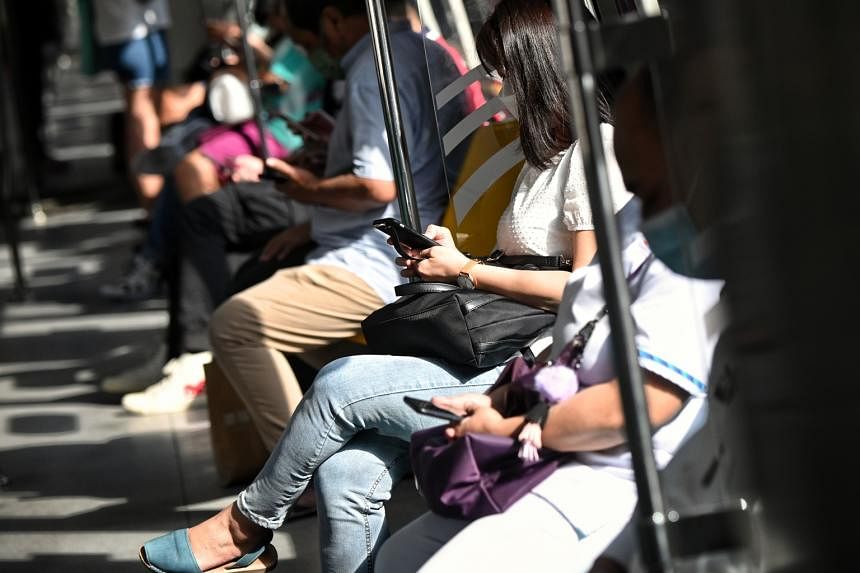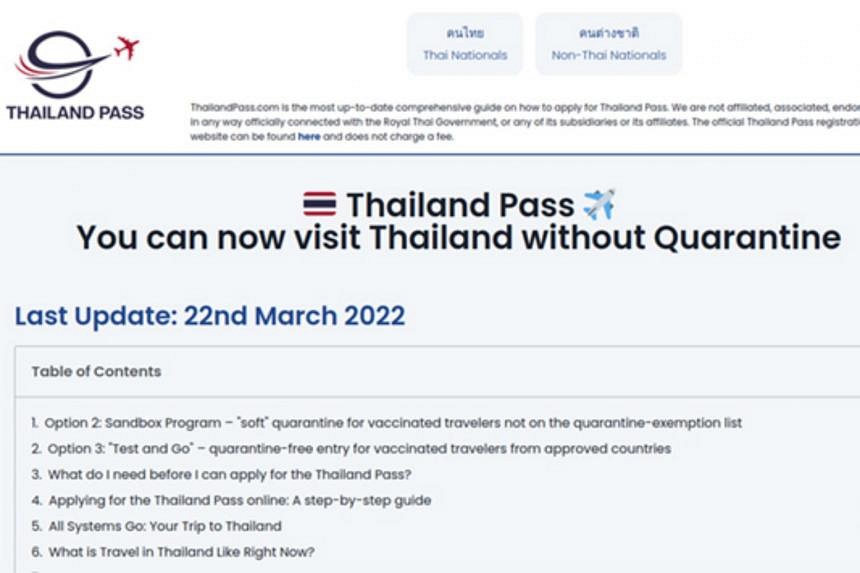S'pore has second-most bad bots in the world
Attacks from bad bots include those that scrape and collect data from websites. PHOTO: ST FILE
Kenny Chee
JUN 14, 2022
SINGAPORE - Had your online bank account hacked by crooks, or having problems ordering the Nintendo Switch Oled video game console online? Bad bots might be to blame.
So active are these bots here that Singapore has the dubious honour of clinching the No. 2 spot globally based on how high the proportion of bad bot traffic is compared with other Internet traffic within a country.
Findings from a study of 192 countries released last month showed that 39.1 per cent of all Internet traffic in Singapore last year was from bad bots, or software used to conduct automatic malicious attacks, such as on websites.
The remaining traffic was from people (53.1 per cent) and good bots (7.8 per cent).
Germany edged out Singapore to take pole position with 39.6 per cent of its Internet traffic coming from bad bots, according to the study by cyber-security company Imperva.
Singapore's figures are even higher than China's (fourth, 29.8 per cent) and the United States' (sixth, 29.1 per cent). The global average is 27.7 per cent.
Attacks from bad bots include those that scrape and collect data from websites, like prices of goods that an organisation can use to gain a competitive edge over rivals. Other attacks involve scalping - buying limited items online faster than a human can so that the goods can be resold at higher prices.
Bad bots are sometimes used to flood a website with so much online traffic that it becomes inaccessible. They are also used to test reams of stolen log-in details, or to guess weak passwords by trial and error, for hacking and taking over a person's online account.
Good bots, on the other hand, can be used to help people find things online more easily by matching their online search queries with the most relevant websites, based on how the bots discover online services and content, and later make them available to search engines.
Looking at total bad bot traffic globally last year and which countries had the highest share of such traffic, Singapore came in at No. 12 and the US was No. 1.
While the Republic's position slipped slightly from No. 11 in 2020, it was a jump from No. 24 in 2019.
"Singapore has been ranked quite high in the most attacked countries list for several years," said Mr Erez Hasson, a strategist for application security at Imperva.
"This became even more pronounced during the pandemic, when digital transformation accelerated and more business was conducted online. This was especially true in digitally mature nations like Singapore."
Globally, there was also a substantial uptick in Web traffic in 2020 owing to Covid-19. Bot traffic rose last year too.
With more services available digitally and more business done online here, there are more targets for bot operators, Mr Hasson said.
"This makes Singapore a rich target for cyber criminals," he added.
A Cyber Security Agency of Singapore report last July also suggested more bot activity amid Covid-19. The number of systems found here that were used to control networks of computers infected by malicious bots nearly doubled from 2019 to 2020. Crooks control and can use these computers to launch cyber attacks.
Imperva's study showed that the sector most targeted by bad bots here was financial services, accounting for 66 per cent of the attacks. The travel sector came in a distant second (16 per cent), followed by the retail sector (5 per cent).
Since companies in the financial services sector store valuable banking and personal data, Mr Hasson said they are highly targeted by bot attacks that seek to take over victims' online accounts.
Imperva's study also showed Singapore was one of the top six countries, including the US and Germany, most targeted by bot attacks that try to take over accounts in general.
When contacted about the bot issue, local bank UOB said it has systems and controls in place to identify, prevent and mitigate potential threats.
OCBC Bank said it has implemented cyber-security capabilities that can detect and block network traffic originating from networks of bots that seek to access the bank's websites.
DBS Bank said malicious bot activities account for a "very low single-digit" percentage of total Web traffic to DBS websites.
The bank added that it engages cyber-security providers to mitigate such bot activities, which have all been successfully blocked.
As for the travel sector, Mr Hasson said bots are used to scrape prices by competing companies or third-party price aggregation and booking sites. The online accounts of customers, which often have data like credit card information, are also a target for bots to hack and take over.
In retail, bad bots are used in similar ways as in travel, but also for scalping limited items that are in high demand.
Globally, Imperva found higher levels of bot traffic around the time of pre-order and launch sales for popular video gaming systems.
For example, late last year, Imperva said there was an 88 per cent rise in bad bot traffic to global retail sites days before the launch of the Nintendo Switch Oled console.
While there are tools that can identify and block bots performing repetitive actions at irregular speeds, Mr Hasson said some of the most advanced bad bots can perform actions at a pace that mimics that of a real person to evade detection.
Some bots will also disguise themselves to pass off as a mobile Web browser used by a person to access a target website. More sophisticated bots can also simulate how a real person interacts with the site through automated clicks and mouse movements.
Said Mr Hasson: "The fight against bad bots is a never-ending cat-and-mouse game that happens around the clock."

